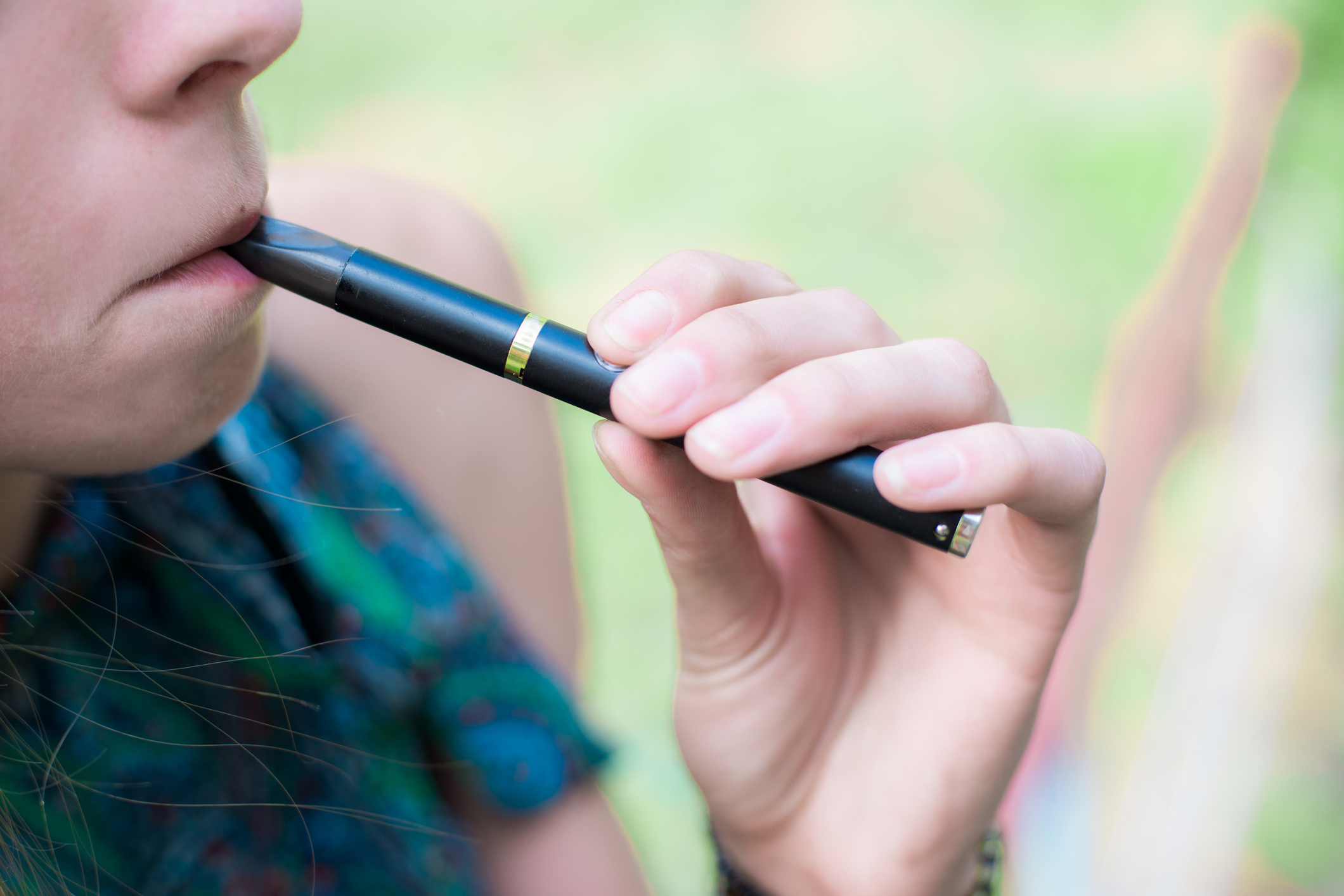
WASHINGTON (BP) — Nicotine-rich e-cigarettes commonly clothed in pastel brights with perky flavors have reached epidemic use among kids, a federal agency said in levying industry penalties to limit youth access.
 The U.S. Food and Drug Administration (FDA) issued warning letters and fines to more than 1,300 retailers “who illegally sold JUUL and other e-cigarette products to minors” in a nationwide, undercover investigation of brick-and-mortar stores this summer, the FDA said in a Sept. 12 press release.
The U.S. Food and Drug Administration (FDA) issued warning letters and fines to more than 1,300 retailers “who illegally sold JUUL and other e-cigarette products to minors” in a nationwide, undercover investigation of brick-and-mortar stores this summer, the FDA said in a Sept. 12 press release.
“We see clear signs that youth use of electronic cigarettes has reached an epidemic proportion, and we must adjust certain aspects of our comprehensive strategy to stem this clear and present danger,” FDA Commissioner Scott Gottlieb said at agency headquarters. “I believe certain flavors are one of the principal drivers of the youth appeal of these products.”
The brand cited, JUUL, holds more than 70 percent of the e-cig retail market expected to reach $3.8 billion by year’s end, according to CBS. Just as with conventional cigarettes, e-cigarettes use, accomplished by a process known as vaping, is legally limited to adults. But more than two million middle- and high-school students used e-cigarettes in 2017, Gottlieb said.
Joannie DeBrito, director of parenting and youth at Focus on the Family, gave Baptist Press these tips parents can use in preventing teen vaping, which are paraphrased here:
— Talk with your teenager and express your concerns about their health. If you have observed vaping behavior, be honest about what you have seen and if you suspect vaping, tell your teenager why you suspect it.
— Remind your teenager that it is your job as a parent to encourage healthy habits that contribute to a healthy lifestyle.
— Talk in terms of your concern about the vaping behavior, not about the character of your teenager.
— Discuss the fact that advertisements make vaping look attractive, but the potentially harmful effects are not attractive at all.
— Set a good example of healthy living and refrain from smoking or vaping yourself.
“Present the dangers of vaping in straightforward language, being careful not to use scare tactics,” DeBrito said. “Teenagers respond best to honest, open communication.”
The Southern Baptist Convention has long recognized the dangers of nicotine use. In a 2005 resolution On Reducing Teen Smoking, messengers committed to work with national advocacy and medical groups, including the American Cancer Society and the Campaign for Tobacco-Free Kids, to reduce tobacco use especially among teens.
Messengers encouraged churches to increase efforts to educate youth about the dangers of tobacco use, and committed themselves to greater involvement in the public square to reduce smoking and tobacco use.
In addition to cancer, e-cigarettes are known to adversely affect behavior, memory, heart rates, concentration, the nervous system, the respiratory system and blood pressure, DeBrito said.















